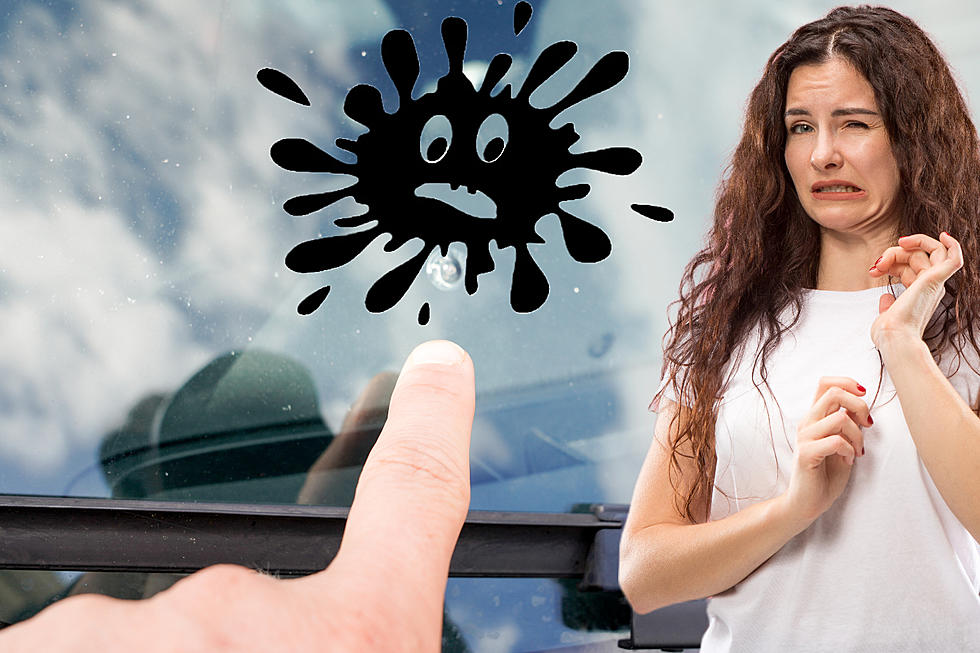
Are There Texas Sized Bugs That Can Crack A Windshield?
I was driving to work through a rural section of highway, and I hit a bug. I knew it was a giant flying insect because I saw it. It surely left a big splat, as insects will do when they hit a windshield at 70 miles an hour. (Ok, I was doing 85, but if anyone in law enforcement asks, I'll deny it).
I turned on the washer fluid, which didn't cut through the mess. I'm not going to lie. It was disgusting. Even worse, when the light caught my windshield a certain way later on the road trip, I could see that the windshield was cracked.
I would have never thought it possible that striking an insect with a vehicle, even at 70-plus miles an hour, could cause a windshield to crack if I hadn't seen it for myself. When I told friends about it they said I had to be wrong. There must have been a crack there before that I never noticed before.
Wrong.
It was precisely in the spot where the insect struck the window, and it was not there previously. In an attempt to validate my claim, I Googled it. Unfortunately, Google is so dominated by people who pay for placement; it is virtually unusable. All I got for my trouble was a bunch of websites advertising windshield repair.
Finally, I did find a few websites that confirm the possibility of insect-windshield damage. None actually come right out and say high-speed insect collisions are strong enough to cause a cracked windshield. According to tamgrup.com, insect collisions can cause damage, though.
They say insect remains are highly acidic. They stick firmly to your windshield and slowly eat away at the surface, causing tiny scratches. Bacteria that feed on insect remains also produce acid. Acid damage makes your windshield hazy at night and harder to see.
A rocket scientist friend (who refused to be sourced by name) says that an insect impact, under the right set of conditions, could conceivably cause a windshield crack, but the likelihood is very remote. Factors like the vehicle's speed, the angle of impact, and the strength of the windshield glass would be factors to consider.
Among the insects native to Texas which could potentially cause windshield damage are large grasshoppers and cicadas. Recently, I have seen some mosquitos that might be big enough to pick up a small dog and fly away with it. Fortunately, mosquitos aren't very thick-skinned.
I stand by my story. An insect struck my windshield hard enough to crack it. I think I'll ask Jake from State Farm what he thinks.
LOOK: Here are the states where you are most likely to hit an animal

